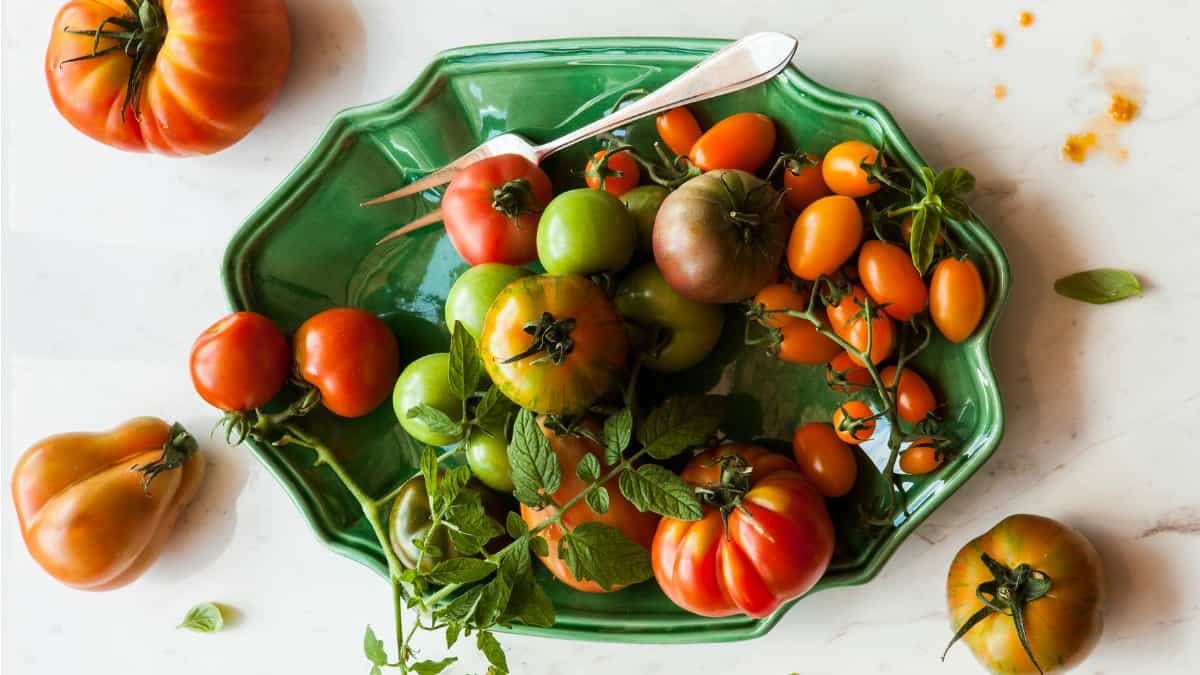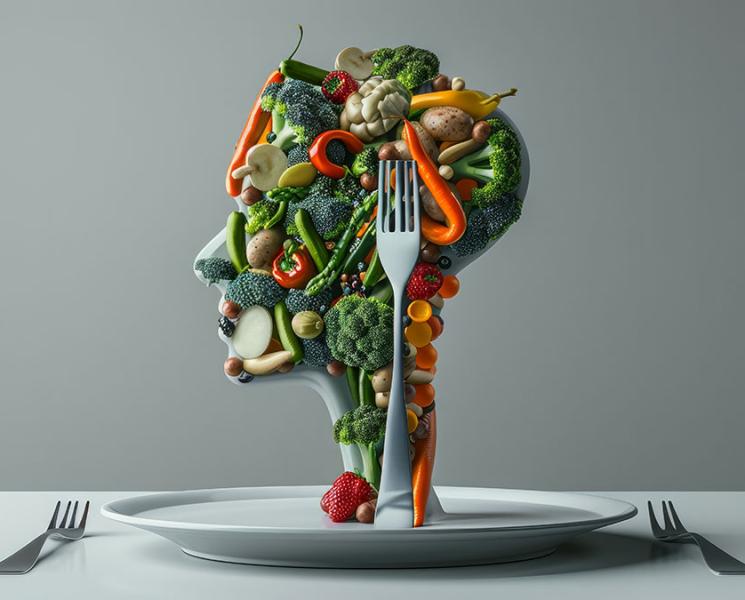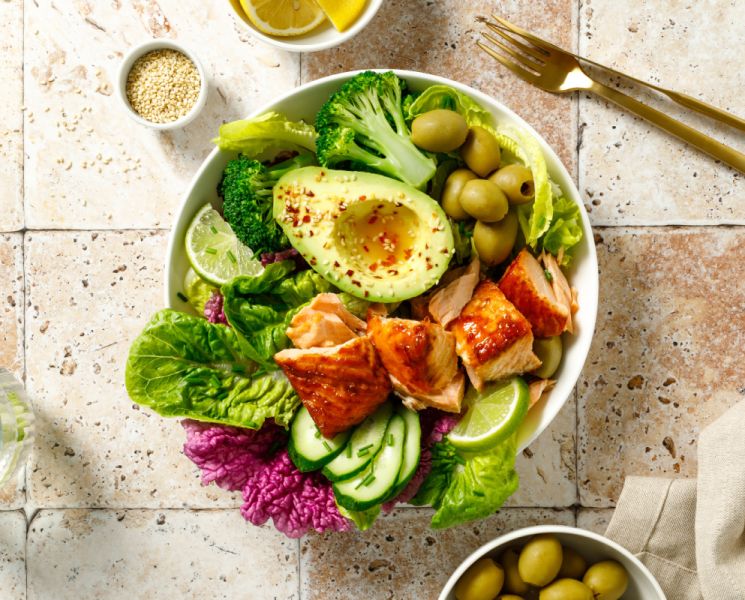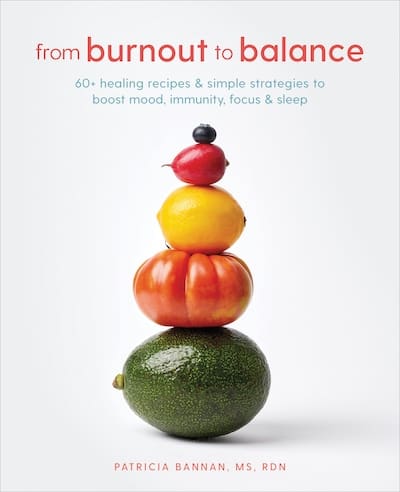This article originally appeared on Fox News Health.
Incorporate this list of anti-inflammatory foods and anti-inflammatory shopping list to reduce inflammation naturally and boost your intake of health-promoting nutrients.
Inflammation is part of the body’s immune response that helps us heal. It’s what happens when you get a splinter and the whole area turns red and gets a bit puffy – that’s your immune system at work helping fight off any viruses or bacteria that might have gotten in, and that’s a good thing.
But when inflammation is constant or out-of-control it can damage the body. While experts have always thought anything with an “itis” at the end involved ongoing inflammation – such as arthritis or appendicitis, recent research shows that a much larger number of diseases, including heart disease, certain cancers, and possibly Alzheimer’s disease may also be triggered in part by chronic inflammation. Do your body a favor by including the following anti-inflammatory foods in your diet.
List of Foods that Reduce Inflammation Naturally
While we cover these 5 in-depth, you can also find an anti-inflammatory grocery shopping list at the end of the article for a more complete list of foods.
- Tomatoes and tomato products
- Extra virgin olive oil
- Blueberries
- Whole grains (such as whole wheat, oats, amaranth, spelt, wild rice, brown rice)
- Cruciferous vegetables (such as broccoli, cauliflower, Brussels sprouts)
Tomatoes and Tomato Products
Cooked tomatoes contain even more lycopene than raw ones, so tomato sauce and tomato soup work well, too. Even tomato ketchup contains lycopene. In addition, a study published in the British Journal of Nutrition found that tomato juice consumption was also beneficial.
Virgin Olive Oil
A staple of the Mediterranean diet, virgin olive oil is a great way to add some anti-inflammatory action to your favorite foods. A review of the compounds in virgin olive oil found that they act on a variety of inflammation markers found in the body. In fact, one study found that the Mediterranean diet’s myriad health benefits may be largely due to its liberal use of olive oil, especially the extra-virgin kind.
Adding a little fat to your vegetables will also help you absorb certain (fat-soluble) vitamins better, so try adding a drizzle of virgin olive oil to roasted peppers and onions for a nutrient-rich side dish.
Blueberries
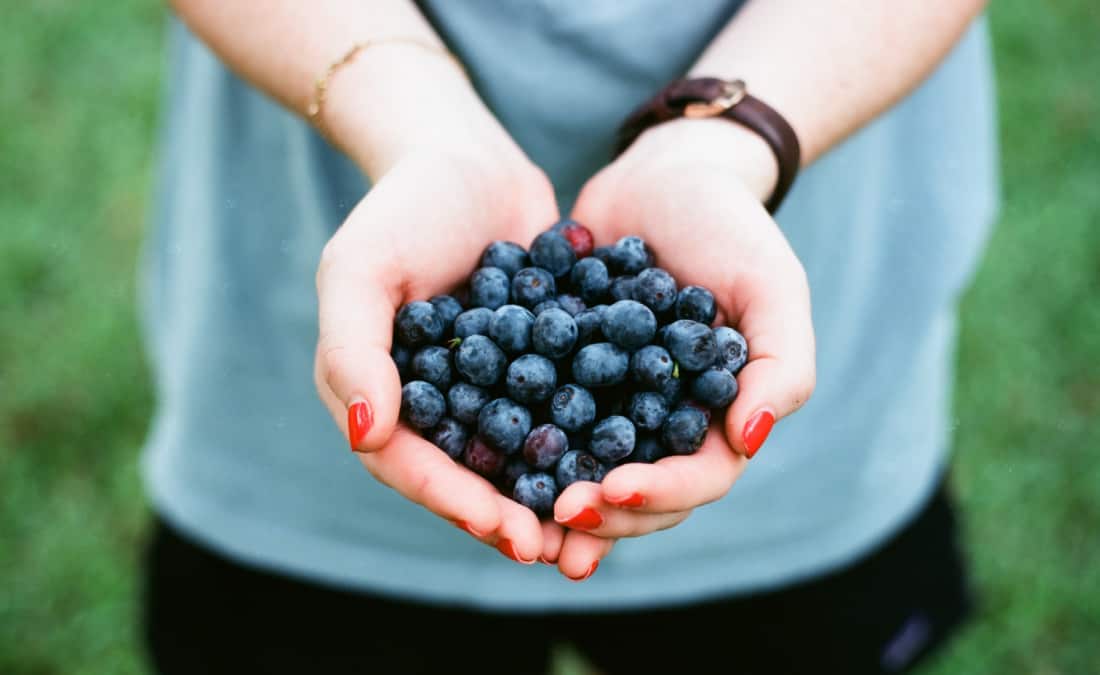
While everybody has heard of blueberries, you may not know the compound responsible for their namesake color: anthocyanin. This beneficial plant-based compound (or polyphenol) is thought to be responsible for many of the positive effects of blueberries in the diet.
Blueberries are also an excellent source of vitamin C, which is necessary for the growth and development of tissues and wound healing. Vitamin C acts as an antioxidant, helping to protect cells from the damage caused by free radicals. One cup of blueberries provides almost 25% of your daily value for vitamin C.
Whole Grains
Start your day off right by including some whole grains for breakfast, as opposed to refined grains, like white bread or sugary cereal. A study of 80 obese participants found that those who ate a whole-grain cereal during the 8-week study showed a decrease in an inflammatory marker in the body. Researchers think one reason for the anti-inflammatory benefit is that whole grains have more fiber than refined grains, and fiber has been shown to reduce a marker for inflammation in the blood. Look for foods with a whole grain (such as whole wheat or whole grain oats) as the first ingredient to make sure you are getting the benefits.
Cruciferous Vegetables
Research suggests that eating a diet rich in cruciferous vegetables (such as broccoli, cauliflower, bok choy, and Brussels sprouts) may help reduce inflammation in your system. A study that looked at the dietary intake of over 1000 women found that those with high intakes of cruciferous vegetables had lower levels of inflammatory markers.
Cruciferous vegetables, as well as dark green leafy vegetables, also tend to have higher concentrations of vitamins and minerals—like calcium, iron, and disease-fighting phytochemicals. Since they can cause intestinal gas, if you’re not used to eating these kinds of vegetables, start adding a serving each week to give your body some time to adjust.
The Importance of Fiber for Reducing Inflammation Naturally
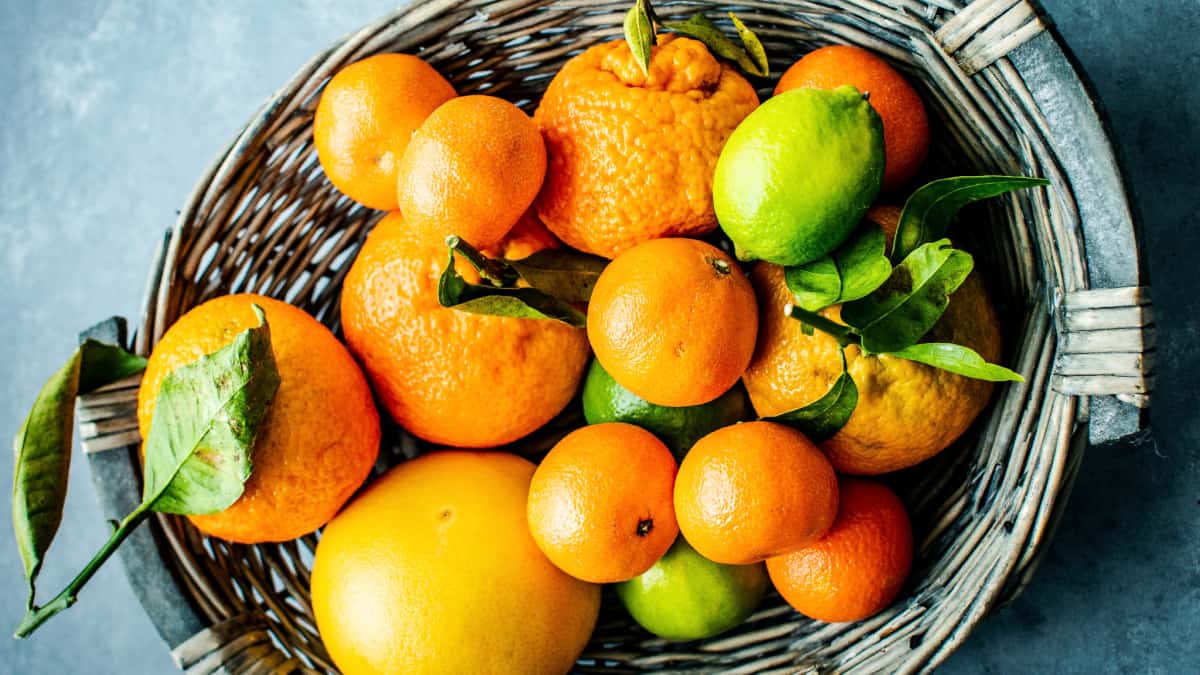
Fiber is such an under-appreciated nutrient! Beyond its role in digestive health, fiber also is important for your immune system. Soluble fiber — the kind you get from oats, beans, peas, apples, and citrus fruits — helps your body increase the production of a type of protein that stimulates infection-fighting T cells. And that actually has a mood-boosting effect, so to speak, on immune cells — shifting them from pro-inflammatory to anti-inflammatory!
Foods like oats, mushrooms, and yeast contain a unique type of fiber called beta-glucans, which can support the immune system.
Anti-Inflammatory Shopping List
Here is an anti-inflammatory grocery list to focus on foods that reduce inflammation naturally. Aiming to eat more whole foods and fewer processed/refined foods can also fight off inflammation.
Fruits |
|
Vegetables |
|
Whole Grains |
|
Nuts and Seeds |
|
Legumes/Pulses |
|
Fish/Shellfish |
|
Flavors/Herbs |
|
Tea |
|
Anti-Inflammatory Snacks, Sides, and Meals

Try the following recipes for an easy solution to incorporating more anti-inflammatory foods with maximal flavor!
Snacks/Sides
- Salsa Verde Grilled Vegetables
- Chocolate-Dipped Fresh Grapes
- Dark Chocolate Avocado Mousse Smoothie
- Avocado Pineapple Green Smoothie
- Pomegranate Glazed Brussels Sprouts with Pistachios

